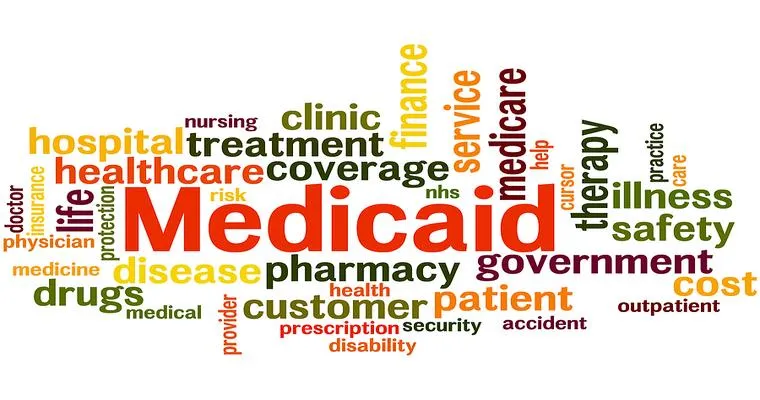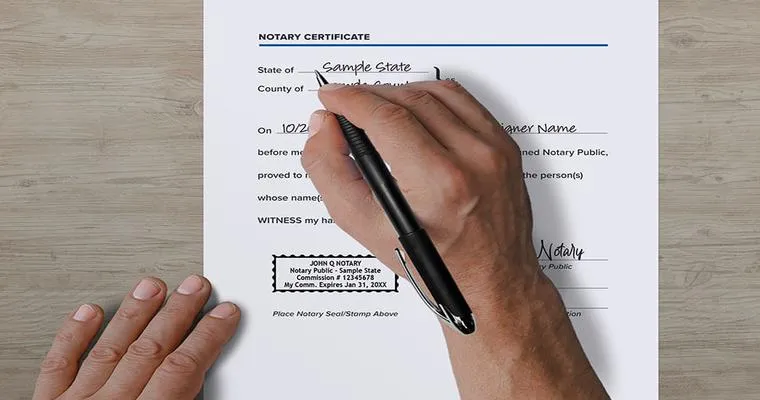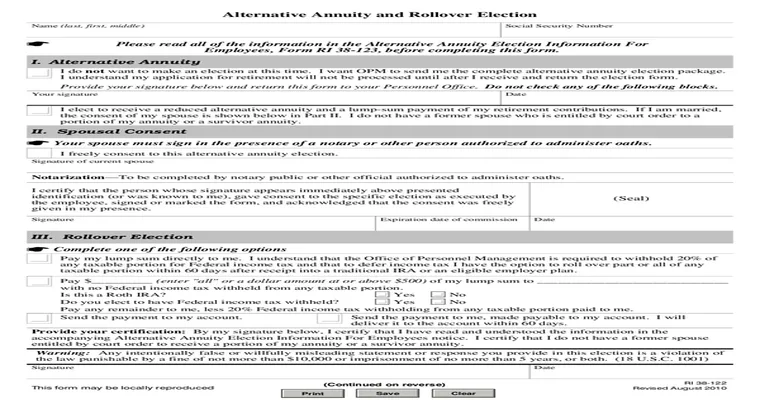"Medicaid" is a vital public health insurance program in the United States that provides essential coverage to millions of low-income individuals and families. It is designed to assist those who are financially disadvantaged and may not have access to private health insurance options. Understanding "Medicaid eligibility", benefits, and application processes can be crucial for those who may qualify for the program. This article will delve into the intricacies of "Medicaid", its importance, and how it serves as a safety net for vulnerable populations.
What is Medicaid?
Medicaid is a joint federal and state program that helps with medical costs for individuals with limited income. The program was established in 1965 and has since evolved to cover a broad range of healthcare services, including hospital stays, doctor visits, long-term care, and preventive services. Each state administers its own Medicaid program with specific rules and guidelines, which can lead to variations in coverage and eligibility requirements.
Who is Eligible for Medicaid?
Eligibility for "Medicaid" primarily hinges on income level and household size. In general, the program caters to:
1. Low-income families and children
2. Pregnant women
3. Elderly individuals
4. People with disabilities
5. Certain low-income adults
Many states expanded their Medicaid programs under the Affordable Care Act (ACA), which allowed more people to qualify based on their income level. It is essential for potential applicants to check their state's specific eligibility criteria, as these can differ significantly.
Benefits of Medicaid
The benefits of "Medicaid" are extensive and can vary by state. However, common services covered include:
Inpatient and outpatient hospital services
Physician services
Laboratory and X-ray services
Home health care
Nursing facility services
Prescription drugs
Preventive services
Additionally, Medicaid often covers mental health services and substance use disorder treatment, which are crucial for overall community health.
How to Apply for Medicaid
Applying for "Medicaid" can typically be done online, via phone, or in person at local Medicaid offices. To apply, individuals must provide information about their household income, family size, and other relevant details. The application process may vary by state, but many states offer streamlined online applications to make the process more accessible.
Medicaid vs. Medicare
It is important to distinguish between "Medicaid" and Medicare, as many people often confuse the two. While both programs provide health coverage, they serve different populations. "Medicare" is primarily for individuals aged 65 and older or those with certain disabilities, regardless of income. In contrast, "Medicaid" focuses on low-income individuals and families. Some individuals may qualify for both programs, which is known as being "dually eligible."
Conclusion
"Medicaid" plays an essential role in providing healthcare access to millions of Americans who might otherwise go without necessary medical services. Understanding the program's eligibility requirements, coverage options, and application process is crucial for those who may benefit from it. As healthcare continues to evolve, staying informed about "Medicaid" can ensure that individuals and families receive the support they need for their health and well-being. If you think you might be eligible for "Medicaid", consider reaching out to your state's Medicaid office or visiting the official Medicaid website for more information.





